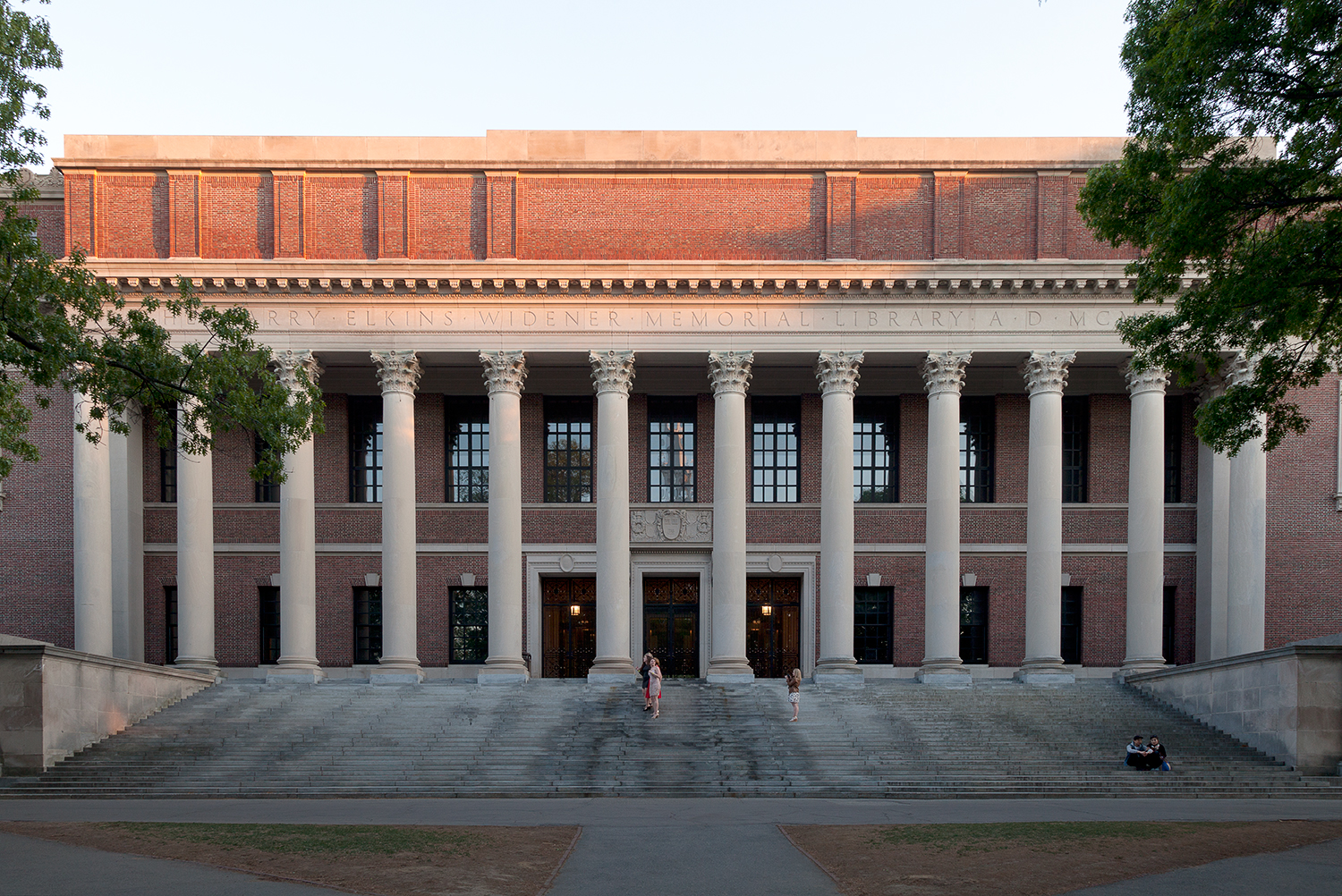Before college, most of my understanding of political ideology was constructed through my parents’. Having grown up outside of the United States, they were largely ignorant of this country’s history and the possible roles it could be playing in their own lives. In the immigrant starter pack, America is advertised as a country where racism died decades ago with Jim Crow and where gender equality has been alive and thriving since 1920. My parents painted me the same rosy vision of hope and liberty that they themselves had been fed with their visas. Growing up, my secondary education rarely challenged that mantra. While we learned about slavery and suffrage, each received merely a week (to make room for the glory of manifest destiny and the power of democracy, of course). Thus, while the seeds for identifying discrimination and inequality were certainly planted in me, they were never watered. I read them the same as one would read folklore—at some point this was relevant, but it was now far removed from my own life.
I entered college with this same naïve and overwhelmingly optimistic sense of the world—it may as well have been dipped in glitter and covered with Lisa Frank stickers. I was not aware that implicit racial biases even existed, much less that I could be a victim of them. Privilege, feminism, and inclusivity—words that I cannot go a day without mentioning at Harvard—were rarely spoken of at home or even in high school (and I lived in New York City!). Of course, I realized that I faced certain obstacles as an immigrant and a woman of color, but I had considered them more as internal problems than institutional ones. Because I was never given the tools to discuss these issues, I was unable to identify, much less challenge, such institutional prejudice.
At Harvard, I realized that an essential part of the liberal arts education was the ability to use the appropriate language to discuss matters related to race, gender, and sexuality. After adding word such as mansplaining, racial preference, and gender binary into my vernacular, I was much more aware of the issues they sought to define. My widening liberal vocabulary meant that I was better equipped to understand liberalism. Language can often construct culture, and Harvard is no exception—the prevailing culture of liberal thought is one that can be partially accredited to the way that we talk. Through the repetitive use of liberal phrasing we are able to pay attention to matters that for several centuries were ignored or simply portrayed as nonexistent because we lacked the words necessary to describe them. For many, this verbally constrained reality persists.
Of course, my new dictionary presented a language barrier at home. My attempts to encourage dinner conversations about gendered expectations or liberal movements were quickly criticized by my parents for their pretentious Harvard undertones. I was often jokingly disregarded as taking things a little too seriously. The problem, I presumed, was that my parents were not educated about these issues in the same way that I was. They were taught to normalize them while I was taught to critique them.
On the morning of November 10, this blatant divide between my parents and me hit a high point. I woke up puffy eyed from mourning the election results the night before, while my mother woke up fresh faced after calling it an early night. I remember calling her and complaining about how betrayed I felt, how helpless I felt. I broke into tears again as I recalled campaign promises that were geared toward stripping people, especially minorities, of their rights. My mother, on the other hand, was calm and collected. She told me to be “positive” and “strong.” Of course there will always be a generational gap between parent and child, but this disconnect felt unexplainable. When I asked her how she remained so unaffected, she told me: “Because this election didn’t change anything. All of the bad things you see in Trump were not born with him—they have affected our world forever. The election results just give us some proof.”
Since then, I’ve realized that perhaps I have been the naïve one. I had assumed that my mother was blind to social injustice because she never knew how to engage in dialogue about it in the same way that I did. However, that did not strip her understanding or acknowledgement of those issues, especially as a subject to them. While my liberal vocabulary is a tool I use to critique the world around me, it can cause me to focus on definitions rather than their consequences. I often fall into treating these issues too academically, such that they become objects of study rather than of experience. These words are used less for identification and more to make important issues digestible for the liberal elite. At Harvard they serve to give us ethos, but don’t always ensure that we know what we’re talking about. The use of the highly academic liberal tongue comes with a responsibility to acknowledge that as much as it aids in our understanding of certain issues, it is rarely all encompassing.
Image source: Wikimedia/Caroline Culler
